
Lunar Gala — MORII
Carnegie Mellon students present Lunar Gala — MORII.
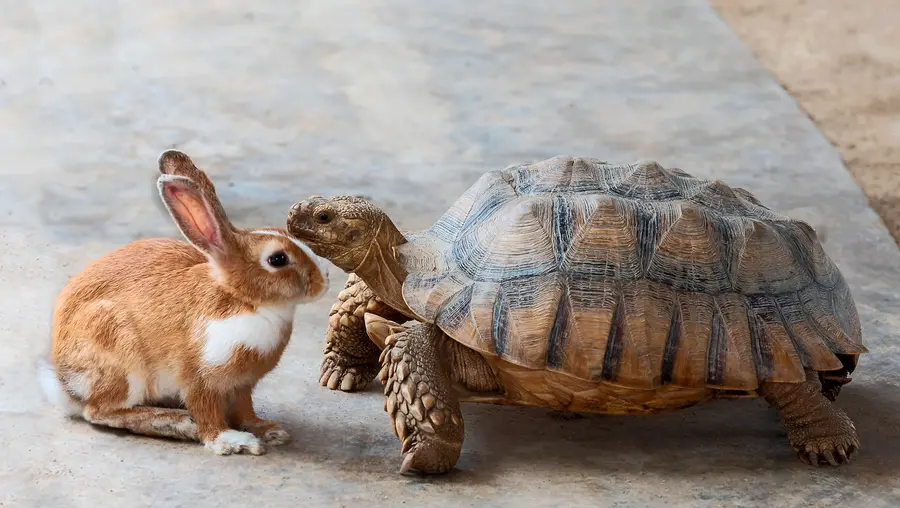
The Myth of the Fast Learner
Learning science experts from Carnegie Mellon University’s Human Computer Interaction Institute (HCII) found that, in the right conditions, people learn at a remarkably similar rate.

New Testing Center, Reimagined Restrooms Among Latest Accessibility Enhancements at CMU
With input and perspectives provided from across campus, Carnegie Mellon University has been actively working to meet the needs of individuals while making a campus with buildings dating back to the early 1900s as open and inclusive as possible.
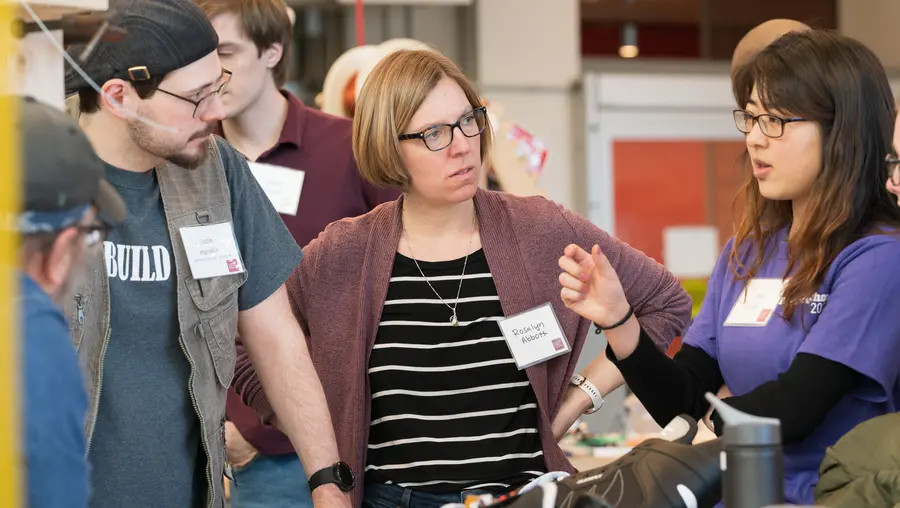
Bold Initiative To Make Hockey Safer Returns for Sixth Year
For the sixth year in a row, Carnegie Mellon University’s College of Engineering joined forces with the Pittsburgh Penguins, Covestro and Bauer Hockey to make ice hockey safer.
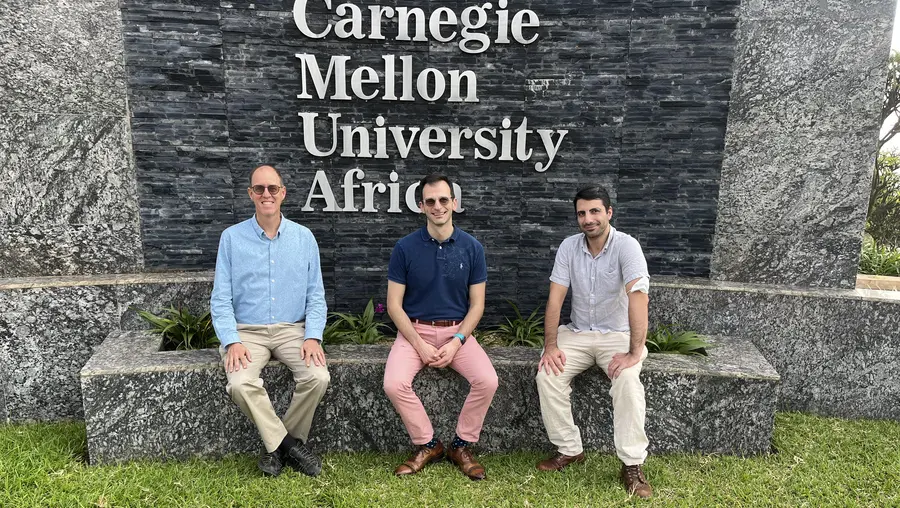
Improving Air Quality in Africa
A Clean Air Fund grant will help CMU Engineers create a new center in Accra, Ghana to test the accuracy of low-cost air quality sensors.
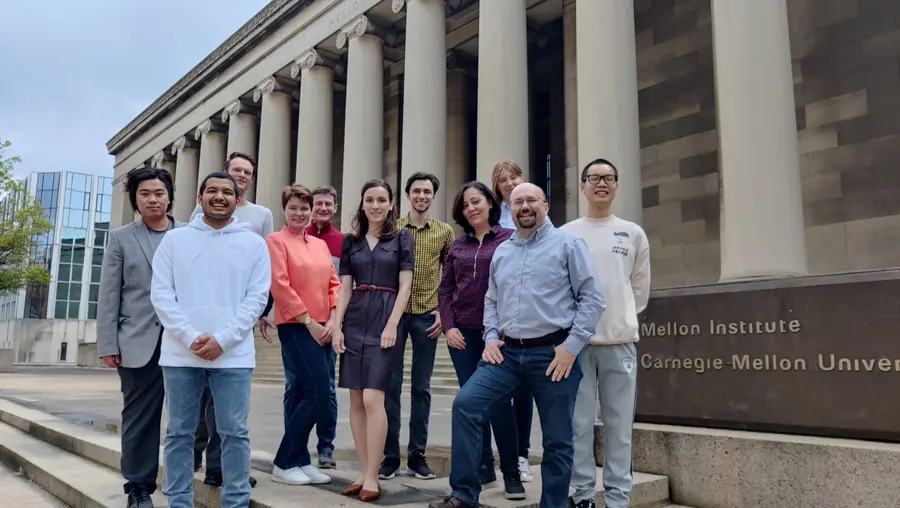
Team Wins Air Force Research Laboratory AI Grand Challenge
A team of collaborators from Carnegie Mellon University and the University of North Carolina at Chapel Hill won Phase 1 of the National Security Innovation Network (NSIN)-sponsored Air Force Research Laboratory (AFRL) Active AI Planners for Chemistry/Materials Optimization and Discovery Grand Challenge.
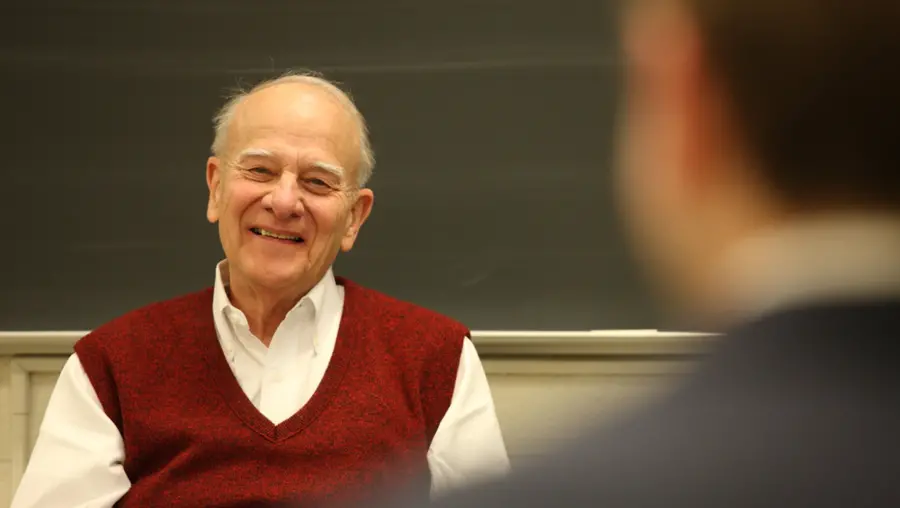
Obituary: Computing Pioneer William Wulf Leaves Lasting Mark on Teaching, Research
Former Carnegie Mellon University faculty member and honorary degree recipient Bill Wulf died on Friday, March 10, 2023.
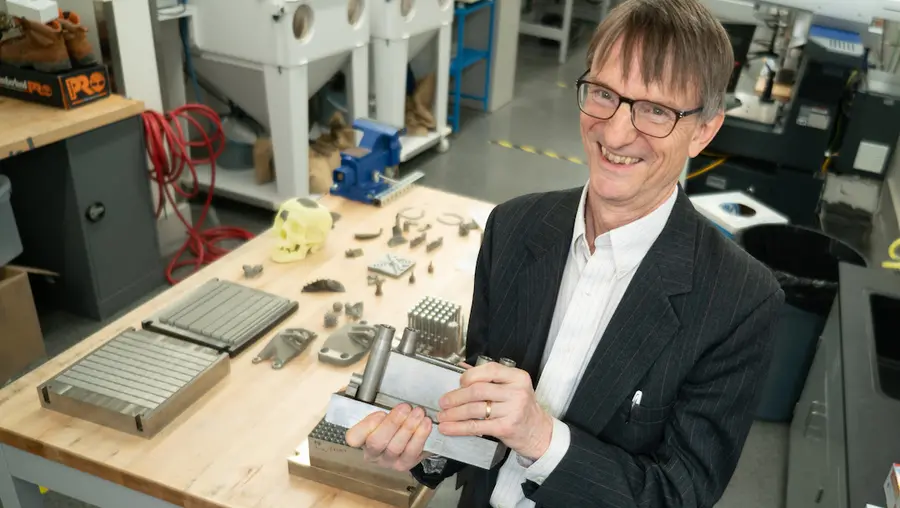
CMU To Lead NASA Space Technology Research Institute
A new NASA Space Technology Research Institute led by Carnegie Mellon University seeks to shorten the cycle required to design, manufacture and test parts that can withstand the conditions of space travel.
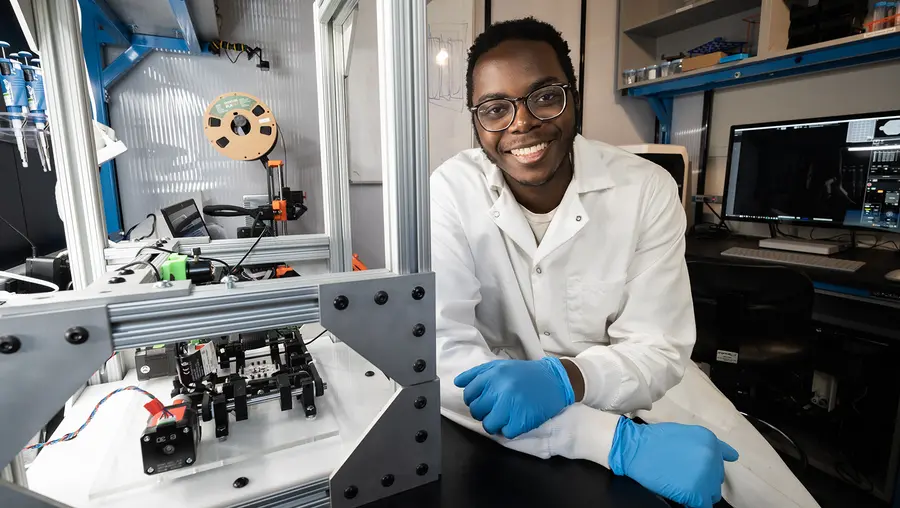
CMU Mechanical Engineering Student Works on Tiny Bio Robots
CMU's Lameck Beni wants to use his training for medical devices.
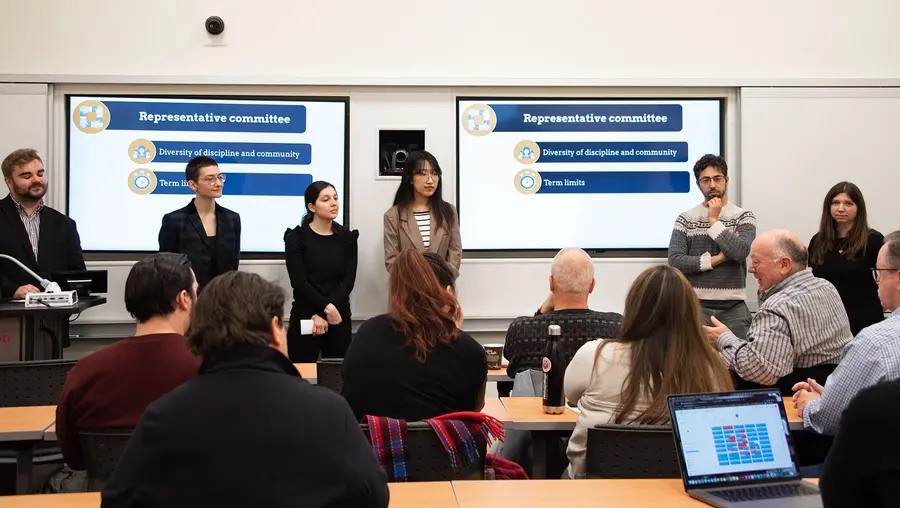
Transforming Communities Through the Power of the Arts
Three local projects are underway in Pittsburgh that have involved graduate students from CMU’s Heinz College and whose future will involve the creative arts as a means to reinvigorate the community.

Kristina Wong Davis Named Vice Provost for Enrollment Management
Carnegie Mellon University has named Kristina Wong Davis its inaugural vice provost for enrollment management.

Ansys Hall and Fifth & Clyde Residence Hall Earn Building Excellence Awards
The design and construction teams for Carnegie Mellon University’s Ansys Hall and Fifth & Clyde Residence Hall and Neighborhood Commons were awarded 2022 Building Excellence Awards.